

 Low Earth Orbit satellite networks are dismantling traditional IP address allocation models. As signals defy borders, Regional Internet Registries face challenges in geolocation accuracy, routing security, and the definition of digital territory itself.
Low Earth Orbit satellite networks are dismantling traditional IP address allocation models. As signals defy borders, Regional Internet Registries face challenges in geolocation accuracy, routing security, and the definition of digital territory itself.
 Starlink expanded to 42 new countries in 2025, added 2.7 million customers, improved network speeds and latency, and continued satellite launches as it nears its first-phase constellation goal of 12,000 satellites.
Starlink expanded to 42 new countries in 2025, added 2.7 million customers, improved network speeds and latency, and continued satellite launches as it nears its first-phase constellation goal of 12,000 satellites.
 As AI shifts from experimentation to real-world deployment, its unseen foundation - undersea cables - emerges as a strategic frontier. Their resilience may shape not only infrastructure policy but the outcome of US-China AI competition.
As AI shifts from experimentation to real-world deployment, its unseen foundation - undersea cables - emerges as a strategic frontier. Their resilience may shape not only infrastructure policy but the outcome of US-China AI competition.
 Global internet use has surpassed six billion users, yet stark divides persist between regions, genders and urban-rural populations. Meanwhile, download speeds have surged and smartphones now dominate how people access the web worldwide.
Global internet use has surpassed six billion users, yet stark divides persist between regions, genders and urban-rural populations. Meanwhile, download speeds have surged and smartphones now dominate how people access the web worldwide.
 What began as an emergency response evolved into critical wartime infrastructure. Ukraine's experience with Starlink reveals the strategic risks and benefits of relying on privately operated networks for national resilience and defence.
What began as an emergency response evolved into critical wartime infrastructure. Ukraine's experience with Starlink reveals the strategic risks and benefits of relying on privately operated networks for national resilience and defence.
 Grenada advances its digital resilience by signing the Convention on the Packet Clearing House Organization, positioning itself to help shape global Internet governance while gaining coordinated support, stronger infrastructure, and a formal voice in decisions that influence worldwide connectivity and security.
Grenada advances its digital resilience by signing the Convention on the Packet Clearing House Organization, positioning itself to help shape global Internet governance while gaining coordinated support, stronger infrastructure, and a formal voice in decisions that influence worldwide connectivity and security.
 CaribNOG and PCH have renewed their partnership to boost the Caribbean's Internet resilience, expanding technical capacity, advancing inclusive training, and strengthening the people and systems essential for recovery as islands rebuild after Hurricane Melissa.
CaribNOG and PCH have renewed their partnership to boost the Caribbean's Internet resilience, expanding technical capacity, advancing inclusive training, and strengthening the people and systems essential for recovery as islands rebuild after Hurricane Melissa.
 Despite its promise of universal access, Starlink often fails to meet broadband benchmarks across key markets. New data reveals fluctuating performance and raises questions about reliability, digital equity, and tiered service models.
Despite its promise of universal access, Starlink often fails to meet broadband benchmarks across key markets. New data reveals fluctuating performance and raises questions about reliability, digital equity, and tiered service models.
 A new report from the Fiber Broadband Association details how fiber networks improve public safety and disaster response, offering real-world case studies that highlight the technology's resilience, reliability, and critical infrastructure value.
A new report from the Fiber Broadband Association details how fiber networks improve public safety and disaster response, offering real-world case studies that highlight the technology's resilience, reliability, and critical infrastructure value.
 Starlink dominates the satellite internet race, echoing IBM's past supremacy in computing. But geopolitical divides, advancing rivals, and Elon Musk's controversies suggest its lead will narrow as competitors gain ground in a fragmented global market.
Starlink dominates the satellite internet race, echoing IBM's past supremacy in computing. But geopolitical divides, advancing rivals, and Elon Musk's controversies suggest its lead will narrow as competitors gain ground in a fragmented global market.
 OpenVault's latest broadband report shows U.S. households using more data, with uploads rising faster than downloads and a major shift toward midrange speed tiers. Growing gaming, streaming, and cloud activity continues to reshape network demand and subscriber behavior.
OpenVault's latest broadband report shows U.S. households using more data, with uploads rising faster than downloads and a major shift toward midrange speed tiers. Growing gaming, streaming, and cloud activity continues to reshape network demand and subscriber behavior.
 The Internet has evolved from a scarcity-driven system into one defined by abundance, reshaping infrastructure, governance, and economic models while challenging long-held assumptions about addressing, network roles, and the future of protocol design.
The Internet has evolved from a scarcity-driven system into one defined by abundance, reshaping infrastructure, governance, and economic models while challenging long-held assumptions about addressing, network roles, and the future of protocol design.
 Despite early dismissals from cable giants, consumer demand and real-world use cases proved the value of gigabit broadband. Today, slow uploads and strategic pricing continue to signal an industry reluctant to embrace speed.
Despite early dismissals from cable giants, consumer demand and real-world use cases proved the value of gigabit broadband. Today, slow uploads and strategic pricing continue to signal an industry reluctant to embrace speed.
 As telecom networks grow more interconnected, local outages can now trigger regional or national disruptions. A recent article by Ookla outlines five critical steps operators must follow to prevent small faults from cascading into systemic failures.
As telecom networks grow more interconnected, local outages can now trigger regional or national disruptions. A recent article by Ookla outlines five critical steps operators must follow to prevent small faults from cascading into systemic failures.
 Most households experience poor WiFi performance, yet ISPs routinely overlook in-home coverage gaps. A new survey reveals that customers increasingly conflate WiFi with broadband itself, and many are willing to switch providers for better service.
Most households experience poor WiFi performance, yet ISPs routinely overlook in-home coverage gaps. A new survey reveals that customers increasingly conflate WiFi with broadband itself, and many are willing to switch providers for better service.
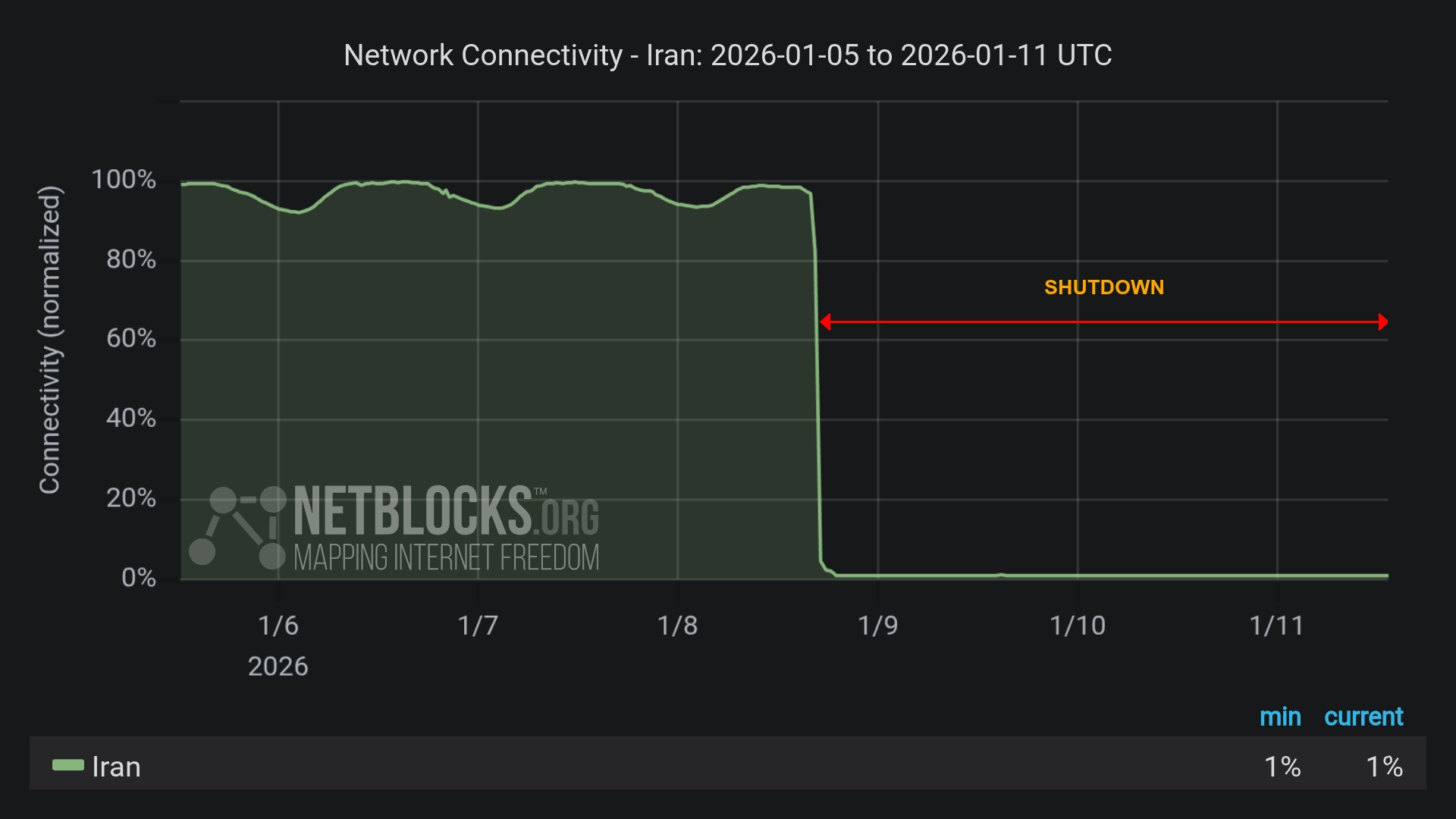 Iran Cuts Off Internet Nationwide as Regime Disrupts Even Starlink Amid Expanding Protests
Iran Cuts Off Internet Nationwide as Regime Disrupts Even Starlink Amid Expanding Protests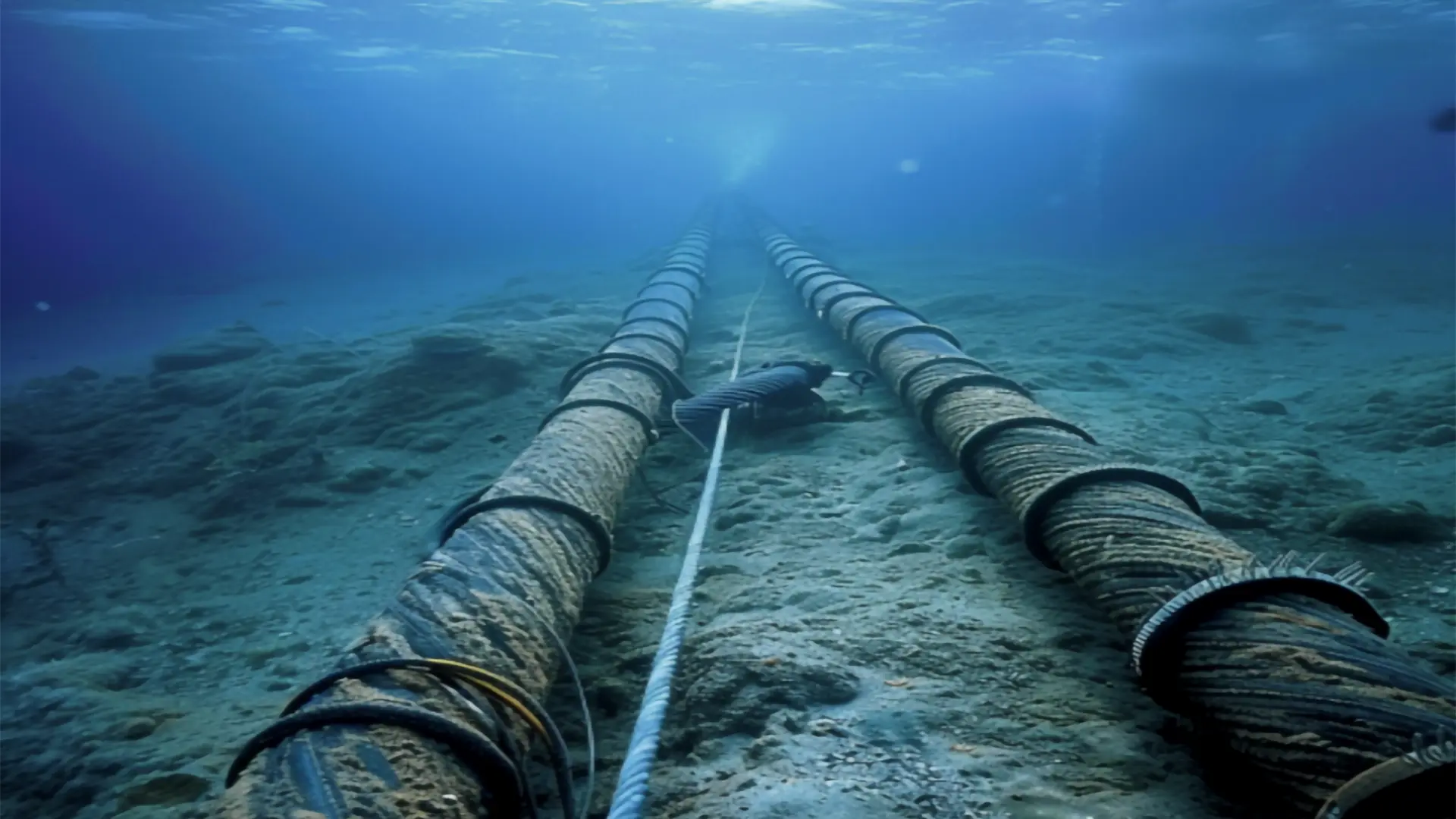 US Senators Move to Shield Undersea Internet Cables from Global Threats
US Senators Move to Shield Undersea Internet Cables from Global Threats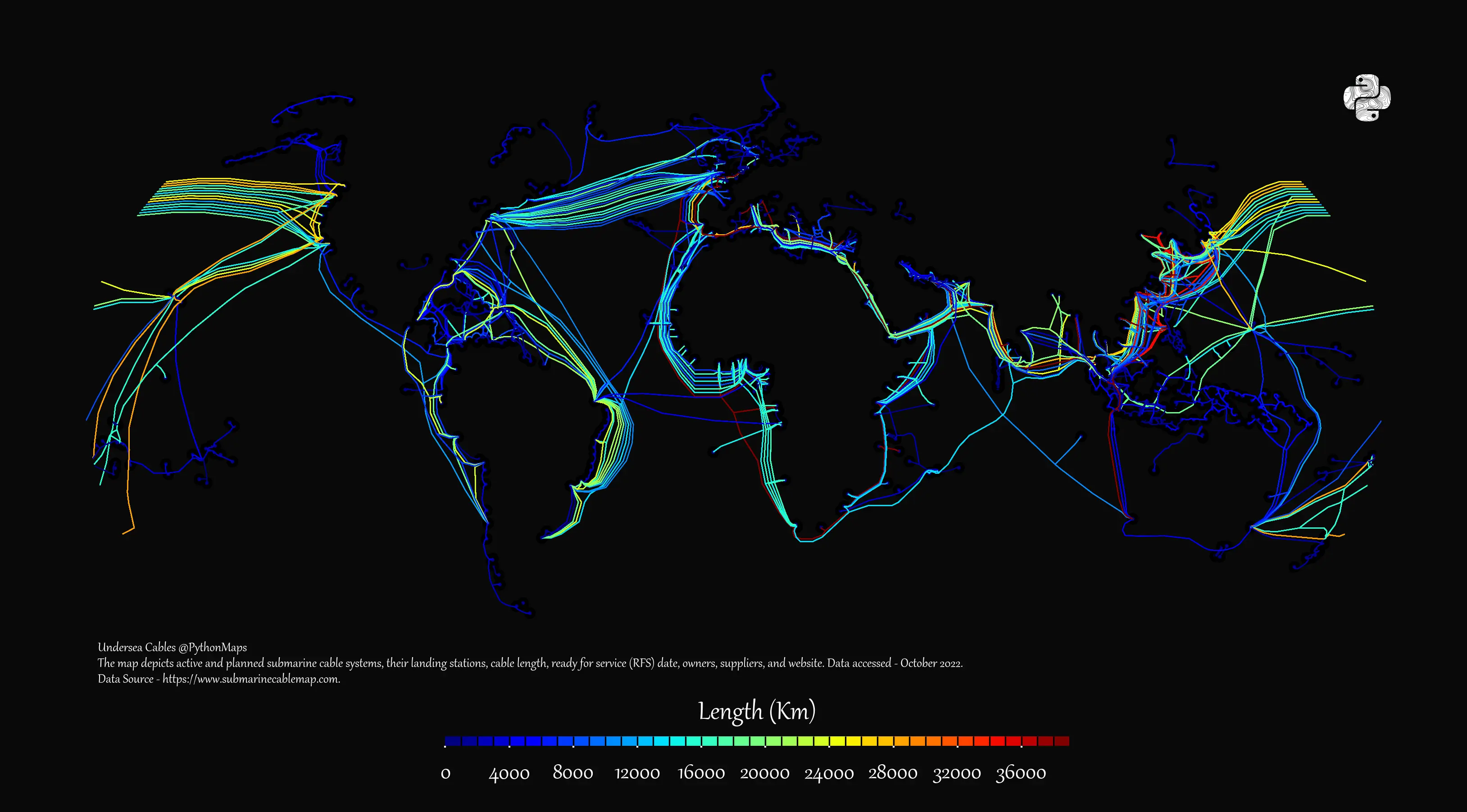 AI Boom Spurs Record Investment in Undersea Cables Amid Geopolitical and Security Concerns
AI Boom Spurs Record Investment in Undersea Cables Amid Geopolitical and Security Concerns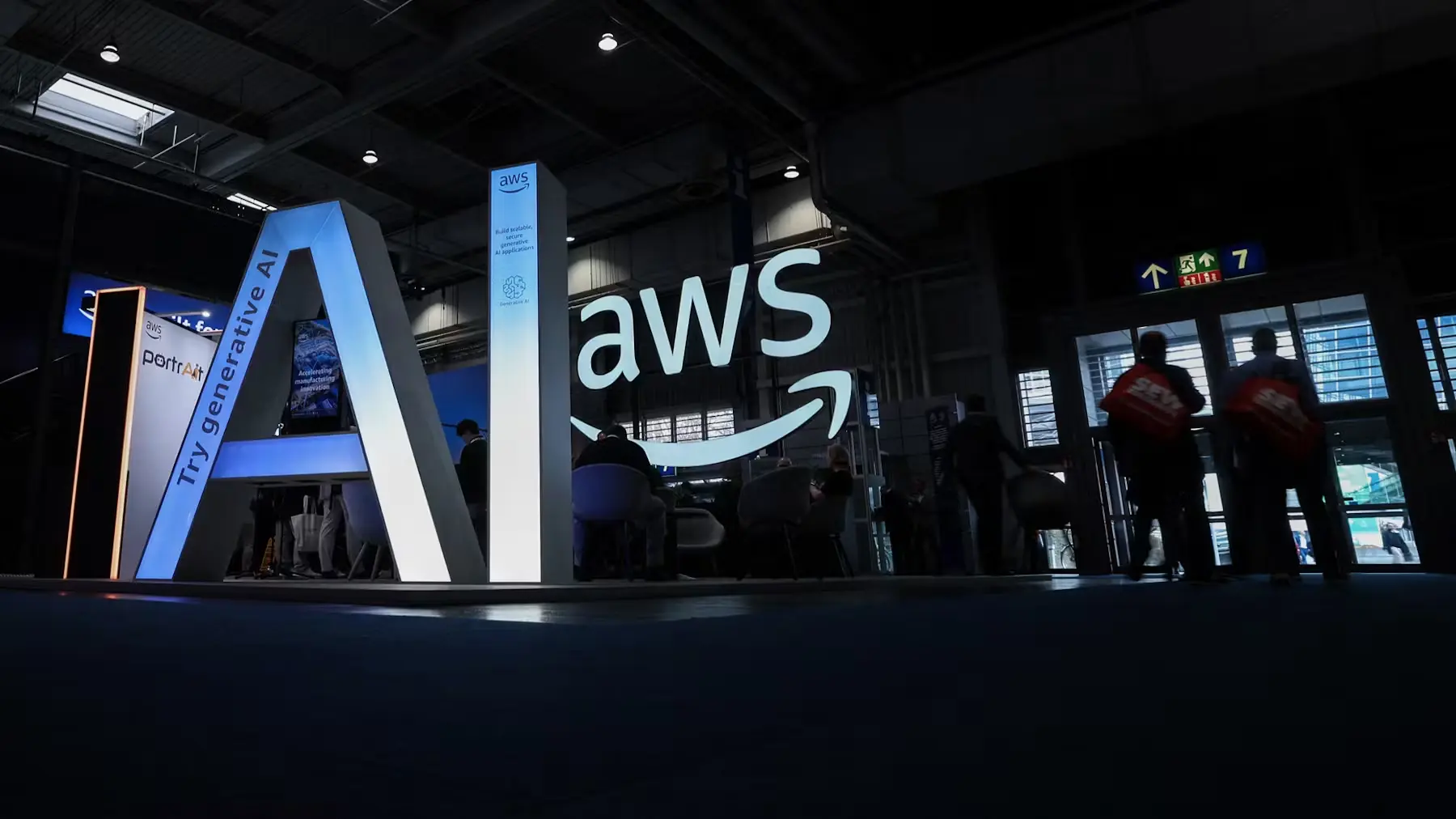 Verizon and AWS Expand Network Ties to Meet AI Data Demands
Verizon and AWS Expand Network Ties to Meet AI Data Demands Starlink Passes 10,000 Satellites, Expanding Global Internet Reach
Starlink Passes 10,000 Satellites, Expanding Global Internet Reach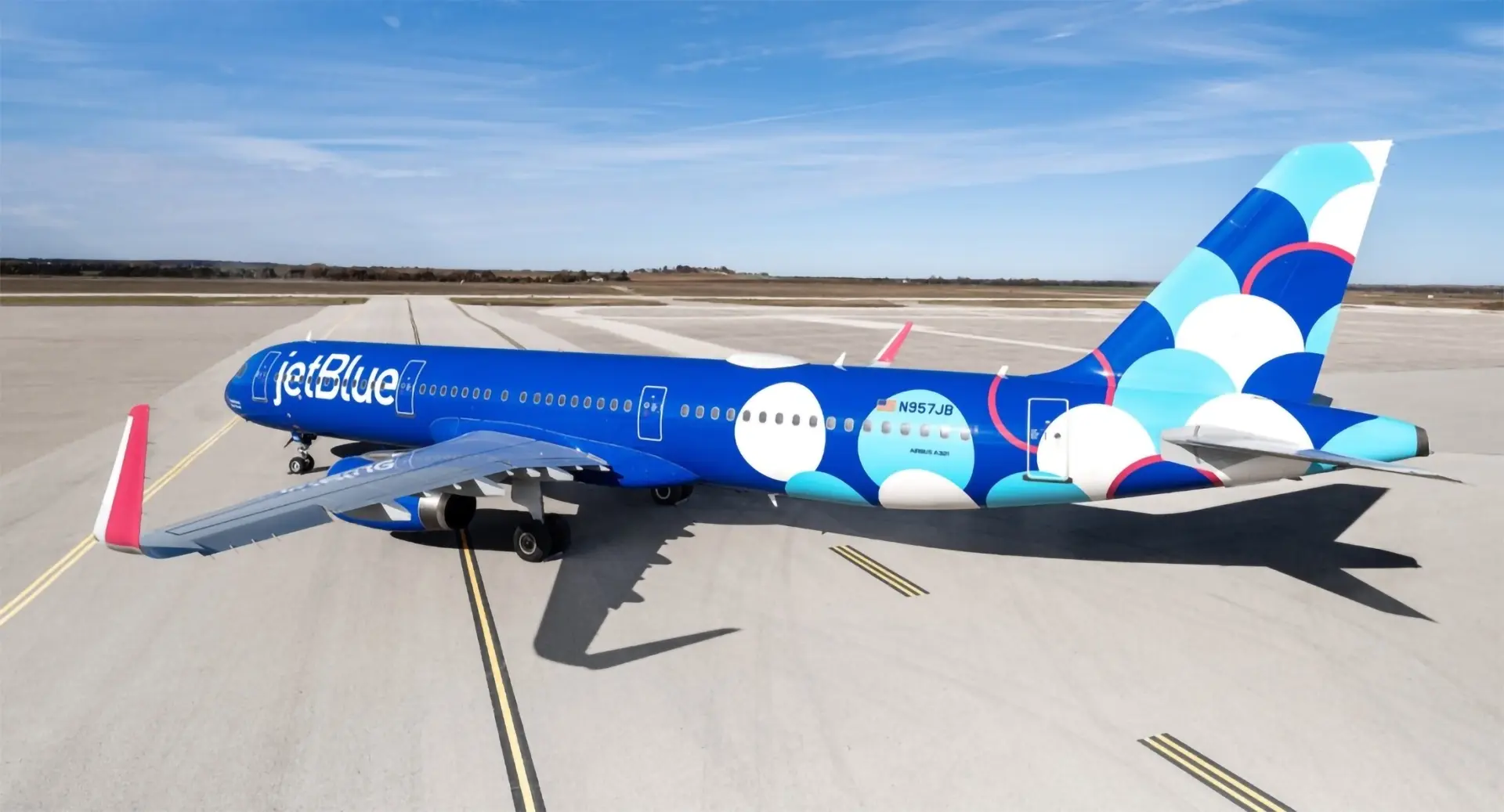 JetBlue Selects Amazon’s Project Kuiper for In-Flight Satellite Connectivity
JetBlue Selects Amazon’s Project Kuiper for In-Flight Satellite Connectivity America’s Broadband Blind Spot: Audit Reveals Millions More Offline Than FCC Reports
America’s Broadband Blind Spot: Audit Reveals Millions More Offline Than FCC Reports Lack of Broadband Competition Leads to Higher Prices in Most U.S. Counties
Lack of Broadband Competition Leads to Higher Prices in Most U.S. Counties Meta’s Undersea Ambitions: A Cable to Power the AI Future
Meta’s Undersea Ambitions: A Cable to Power the AI Future Baltic Sea Infrastructure Targeted Amid Rising Geopolitical Tensions
Baltic Sea Infrastructure Targeted Amid Rising Geopolitical Tensions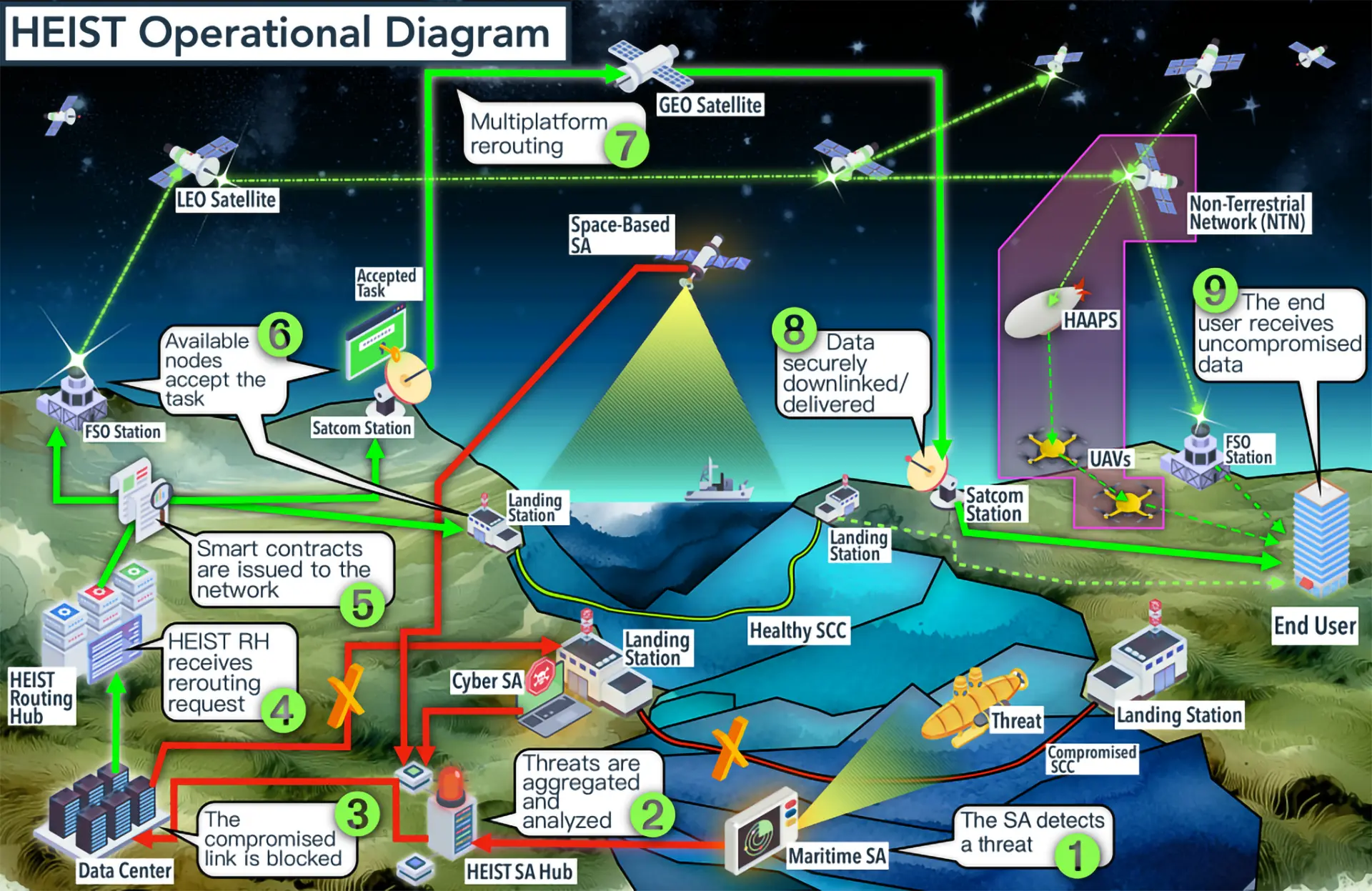 NATO’s Orbital Lifeline: A Backup Plan for the Internet
NATO’s Orbital Lifeline: A Backup Plan for the Internet Europe Seeks Space Independence with €10.6bn Iris² Satellite Network
Europe Seeks Space Independence with €10.6bn Iris² Satellite Network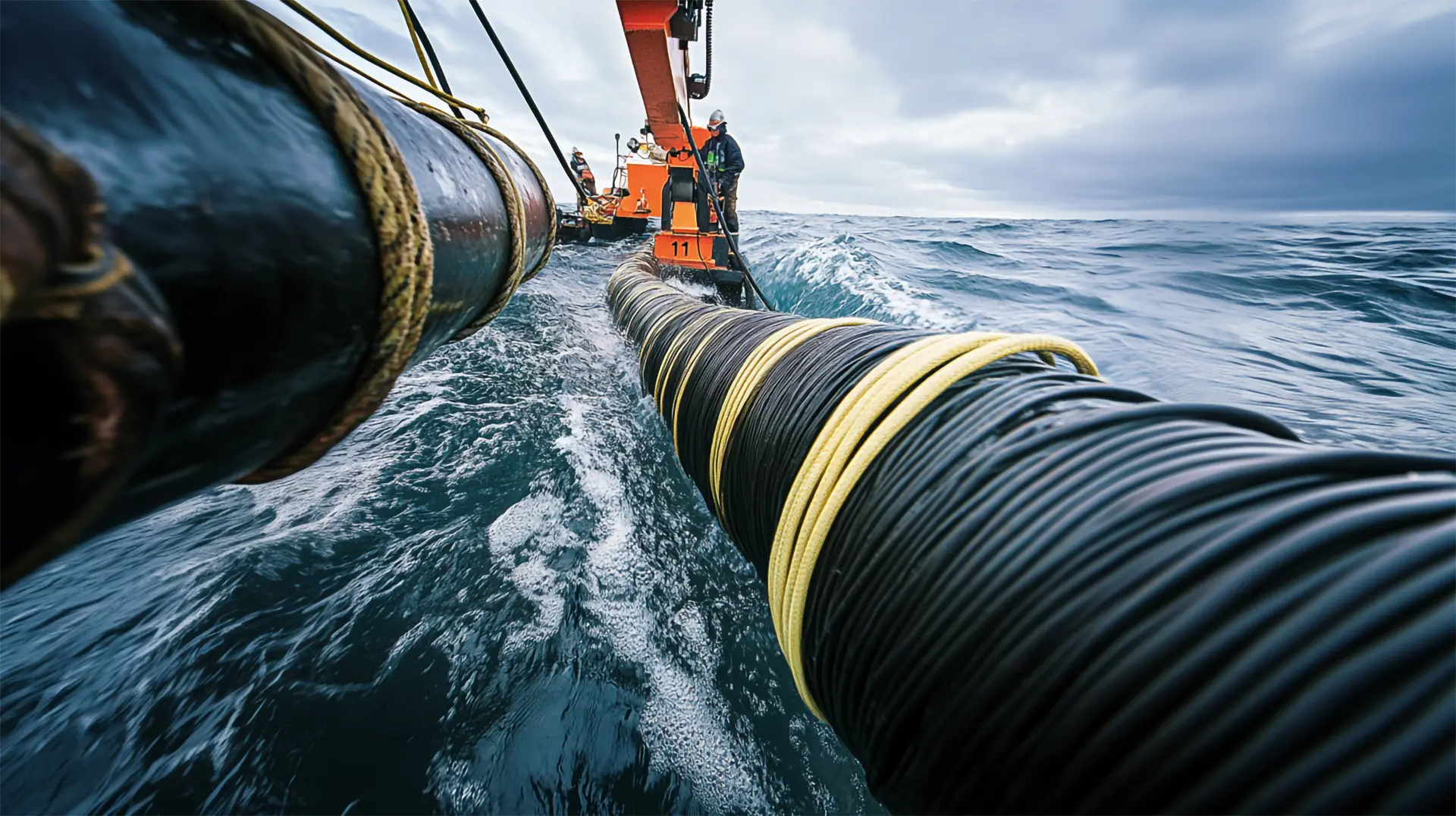 Meta’s $10 Billion Plan to Build the World’s Largest Subsea Cable Network
Meta’s $10 Billion Plan to Build the World’s Largest Subsea Cable Network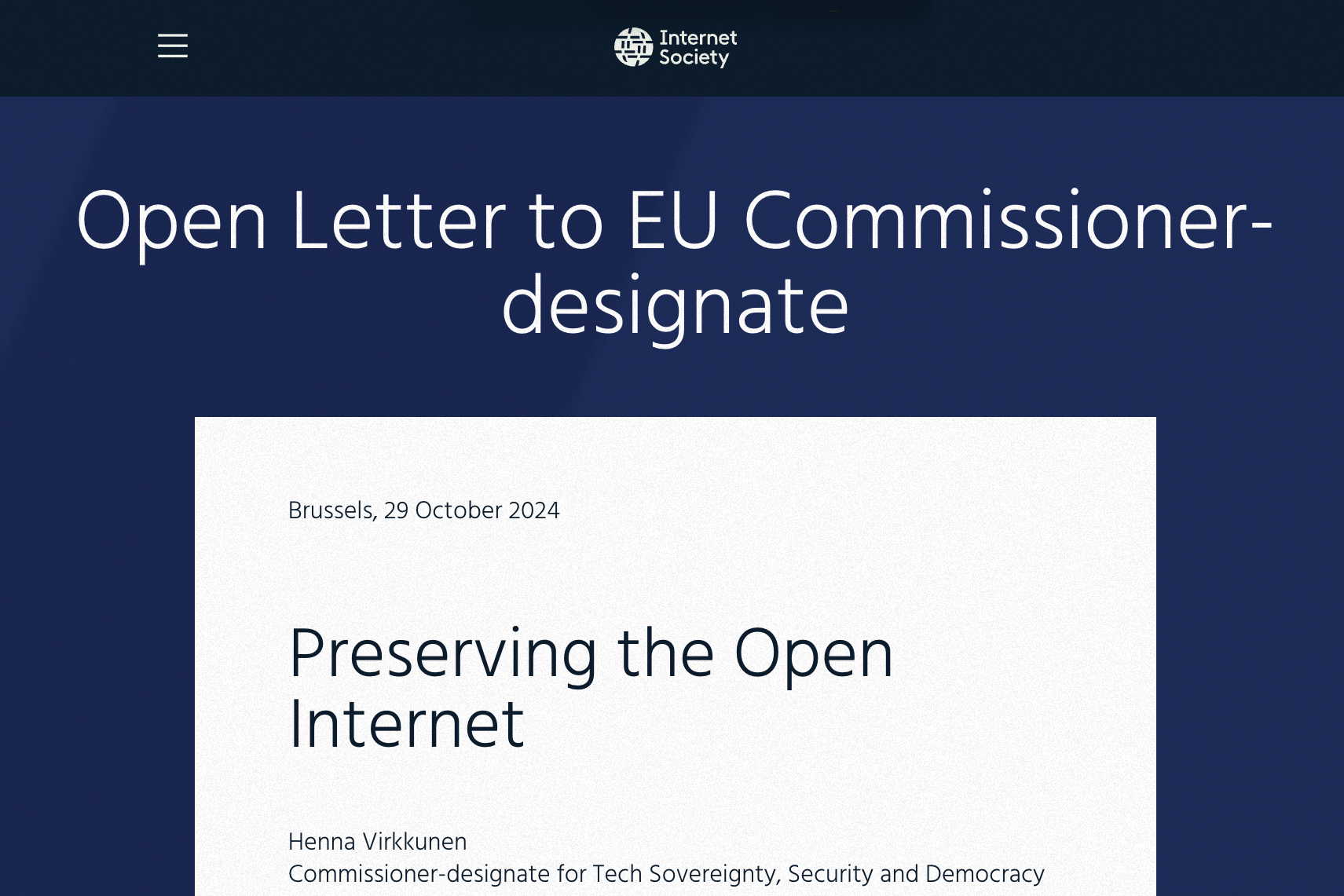 EU Internet Advocates Push Back Against Telecom “Fair-Share” Fees
EU Internet Advocates Push Back Against Telecom “Fair-Share” Fees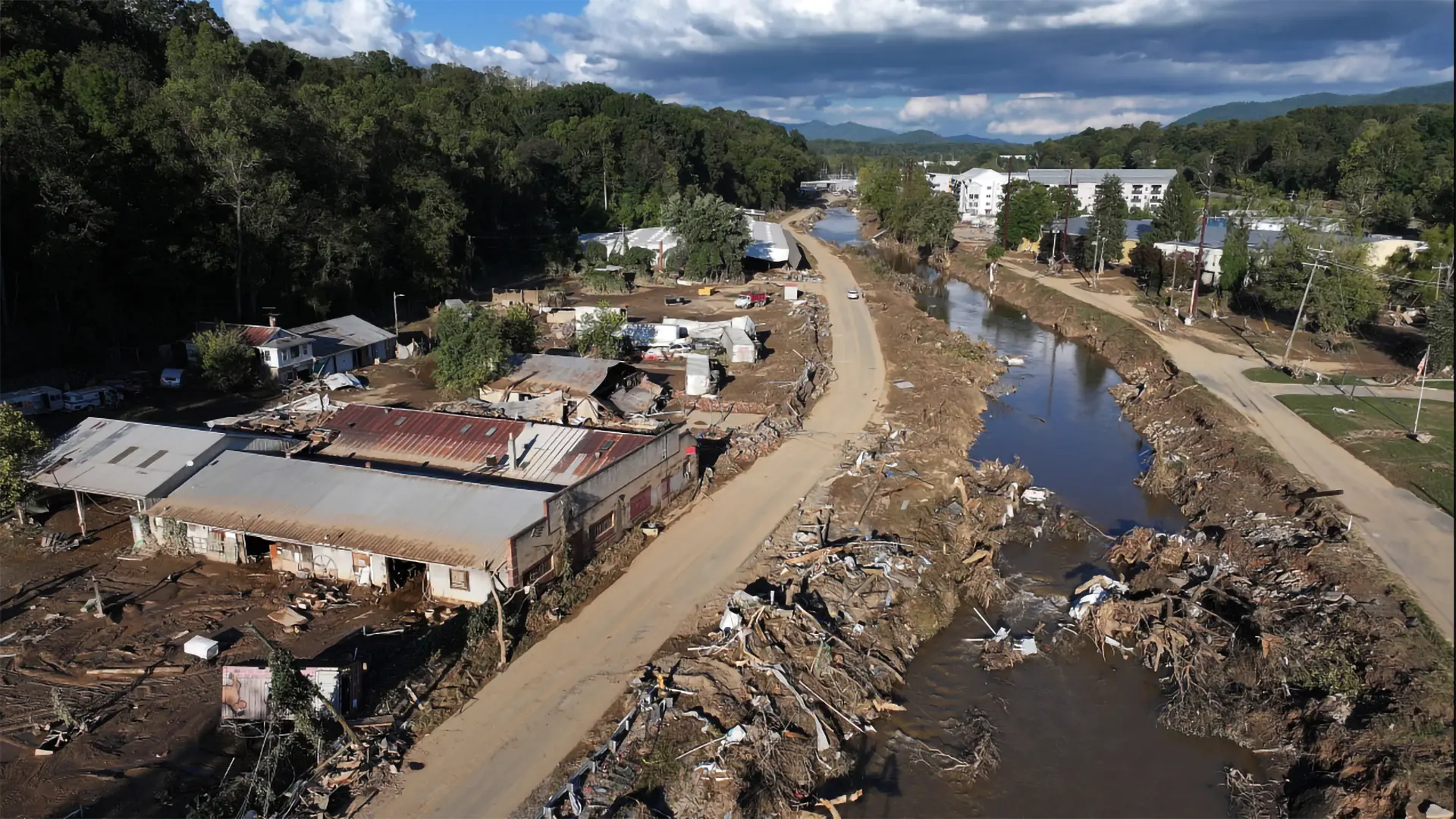 FCC Approves Starlink for Direct-to-Cell Service in Hurricane-Stricken North Carolina
FCC Approves Starlink for Direct-to-Cell Service in Hurricane-Stricken North Carolina